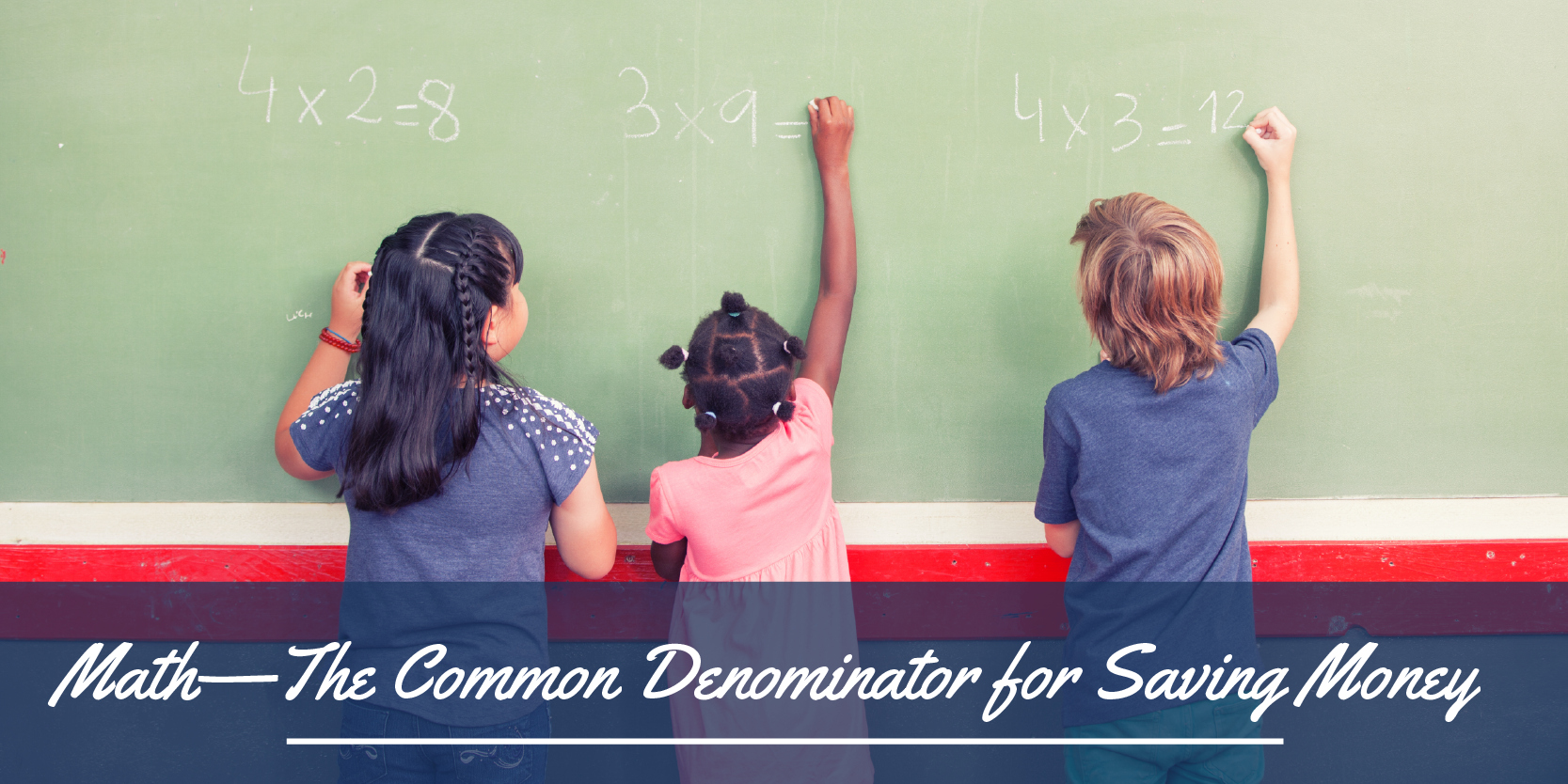Whether you are furloughed, laid off or fired, it hurts. It’s a blow to your ego, and losing a regular paycheck is a blow to your finances. Fortunately, for many it was temporary, and after the initial weeks and months of the pandemic they were able to go back to work.
If you were furloughed and your paycheck continued during your furlough (lucky you!) then your finances and taxes didn’t change much. But if you had a gap in pay, with a corresponding gap in taxes withheld, what does that mean for your overall tax picture for 2020?
If you received unemployment benefits during the period you weren’t working, those benefits are taxable, but income taxes weren’t withheld unless you made a special request. As a result, the taxes on those benefits are due when you file your tax return in the spring or will reduce the amount of your tax refund.
Speaking of refunds, the amount of your refund depends on how much was taken out of your paycheck for income taxes compared to the actual taxes on your tax return. If you had more taken out than the actual taxes, you are due a refund of the difference. But during the weeks or months you weren’t receiving a paycheck, nothing was taken out. That will result in a lower refund at 2020 year end.
There is one ray of sunshine in all of this. Our system of income taxes is graduated, with higher rates applying to higher income. If your income dropped for 2020, your tax bracket may have dropped as well, and that could increase your refund a bit. And now that your income is lower, that could make you eligible for tax credits that didn’t apply to you before, such as the Earned Income Tax Credit.



